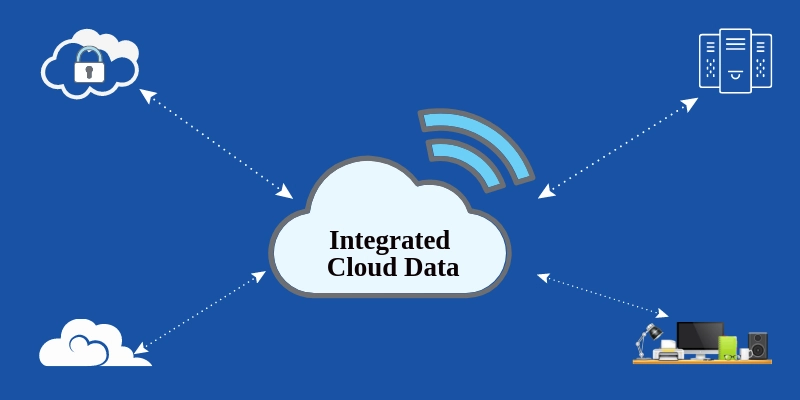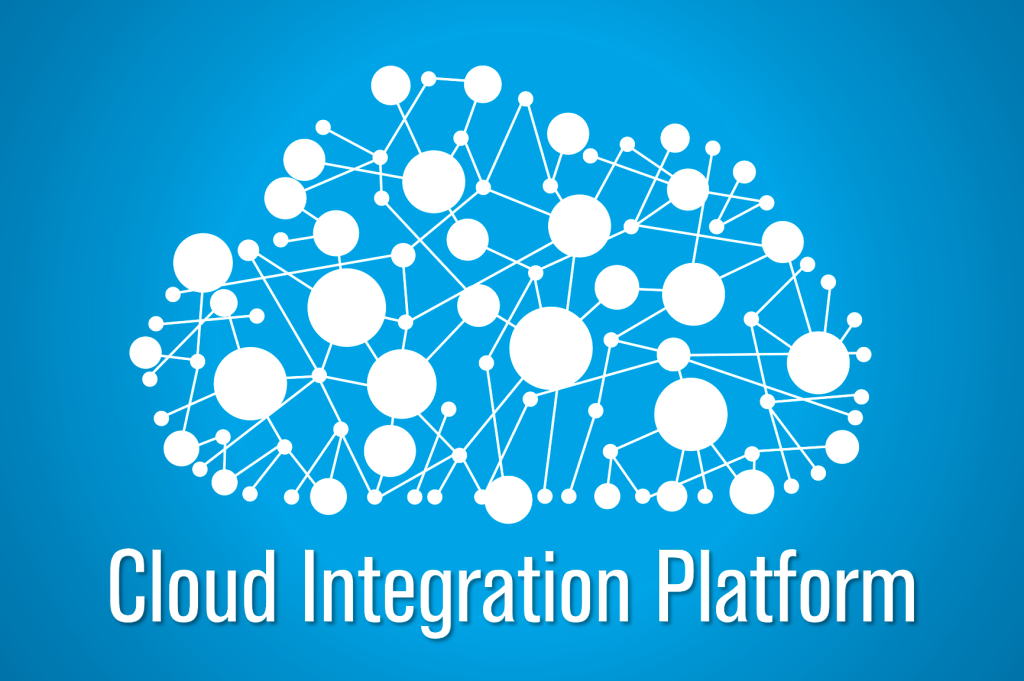5 Benefits of cloud data integration
The future of analytics will be powered by cloud data integration. However, due to problems with complexity in IT infrastructure, restrictions in governance, and the inability to properly provide data access to users at the speed of business, which all play a role in limiting the potential of enterprise data ecosystems, developing modern analytics for the enterprise is becoming more difficult. Let’s follow us to find out more about cloud data integration in this post!
Contents
What is Cloud Data Integration?
The tools and techniques used in cloud data integration link multiple applications, systems, repositories, and IT environments. It enables the real-time sharing of processes and data. Following unification, several devices can access the data and integrate cloud services across a network or the internet.

Integrating multiple application programs into the cloud mostly involves setting them up to “speak to one other” or share data. A number of onshore (non-cloud) and cloud-based apps can communicate with one another either directly or through third-party software on a properly integrated cloud platform.
Benefits of cloud data integration
Regulatory Framework
Identification of compliance objectives is required, along with the setting and review of compliance goals, taking into account all applicable laws, regulations, particular policies, standards, and guidelines, as well as how the regulatory environment influences the usage of data. Where permissible by law, the use of data should be verified. In order to prevent bias or conflicts of interest and to preserve openness for online firms, data must be examined for compliance with open policy requirements.
Future-proofing and scalability
You can efficiently integrate all new technologies as your organization develops with the aid of a cloud data integration platform. You don’t need to undergo a significant migration when switching to the cloud because it offers scalability and interoperability with all contemporary applications. Your company is subsequently future-proofed, and long-term expenditures are reduced.
Enhanced operational effectiveness
Data synchronization is made swift and reliable with cloud integration, which also reduces redundant data and improves operational effectiveness. Your business will have all the necessary systems to automatically implement numerous identical operations that may be carried out and changed at any time, from any location, by combining data and services.
Greater competitive advantage
Your staff will work more effectively and collaboratively when they have access to, and the freedom to edit and share, data from anywhere, at any time. By moving to the cloud, your business and employees will have easier access to enterprise-class technologies. Smaller organizations are able to make more informed decisions and take action more quickly than larger, more established companies.

Integration of the cloud also enhances consumer happiness. Transparency between the company and its consumers is made possible by the capacity to instantly access real-time data. Providing the most recent facts will give people confidence that the business is being conducted well.
Lower operating expenses
Integration of cloud data enables the company to reduce operating expenses. The total cost of ownership can be decreased by reducing the number of users who keep the software operating and the demand for expensive, specialized talent to manage integration.
In addition to having lower maintenance expenses, cloud-based solutions don’t require the large upfront investment of on-site systems. The bundle includes upgrades and yearly license payments, and since there is no longer any on-site, energy-intensive hardware to power, energy usage is also reduced.
Challenges of cloud data integration
Data Transfer
Moving data between numerous cloud-based apps, databases, and systems is undoubtedly a challenging undertaking. In addition to being error-prone, this approach can be time-consuming if you need to move a lot of data. Migration may become unfeasible in some circumstances due to the high volume and required data transfer frequency. For it to be effective, businesses require a sound, data-driven plan.
Absence of Standards
Sadly, there is no set mechanism for integrating data between cloud systems. When cloud and on-premises system integration is involved, the issue gets worse. You must frequently upgrade data connectors or adaptors due to this and the range of data formats and schemas used by various cloud platforms and services. If a new version of the software or a platform is released together with an update to an app, it should be updated.
Greater competitive advantage
Your staff will work more effectively and collaboratively when they have access to, and the freedom to edit and share, data from anywhere, at any time. By moving to the cloud, your business and employees will have easier access to enterprise-class technologies. Smaller organizations are able to make more informed decisions and take action more quickly than larger, more established companies.

Integration of the cloud also enhances consumer happiness. Transparency between the company and its consumers is made possible by the capacity to instantly access real-time data. Providing the most recent facts will give people confidence that the business is being conducted well.
Structural problems
Although the architecture of cloud systems can support scalability or high performance, these systems might not be able to handle data integration. Because of this, when it comes to integrating data housed on several cloud platforms, a cloud architecture may struggle to sync with diverse external systems.
Conclusion
Cloud data integration will be more important in the future for big data analysis, BI, advanced analytics, and data governance as the world rapidly transitions to a cloud environment. We anticipate that the performance issues will be resolved by the cloud data integration platforms. The tools listed above can help businesses take full advantage of this technology’s appealing qualities.
Conclusion: So above is the 5 Benefits of cloud data integration article. Hopefully with this article you can help you in life, always follow and read our good articles on the website: Doshared.com




